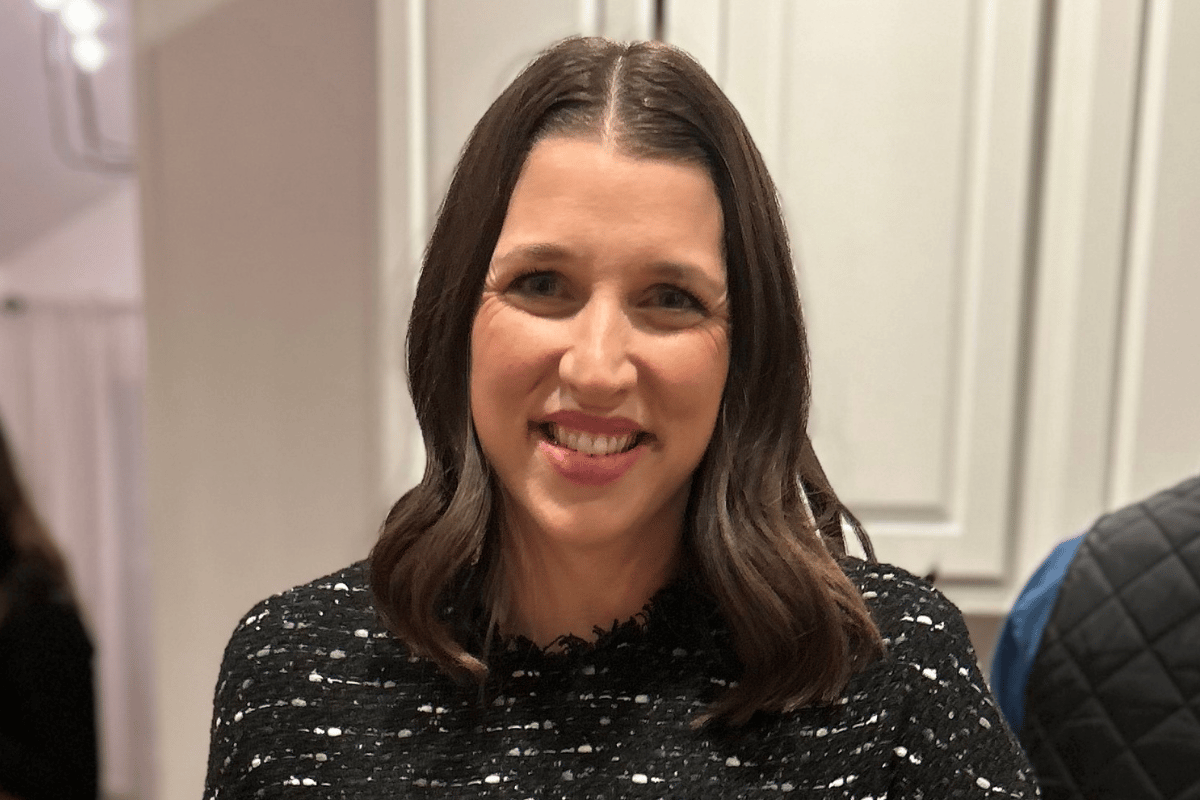
"Maybe I don't want to do this anymore."
Three years ago, these were the eight words Paige said to herself as she contemplated leaving her husband of almost 20 years.
They had been together since high school, and he had always been incredibly supportive, kind, and loyal.
"What else could I ask for?" Paige said.
But the reality was tough. Paige found herself burnt out from work, motherhood, and bearing the brunt of the domestic workload.
Every night, her husband would ask her what to make for dinner. Every morning, he would ask what the kids needed in their daycare backpacks. The questions mounted.
Watch: Maggie Dent on the mental load. Post continues after video.
"About three months after my fourth baby was born, I remember looking at my husband and saying, 'I need more. I need you to do more. I am exhausted. I am in charge of everyone and everything in this house'," Paige shared in a TikTok video.
Those three words were a wake up call.
"He looked at me and he said, 'Okay, just tell me what to do'. Right? Every woman has heard this. 'Just tell me what to do, and I'll do it'."




























































































